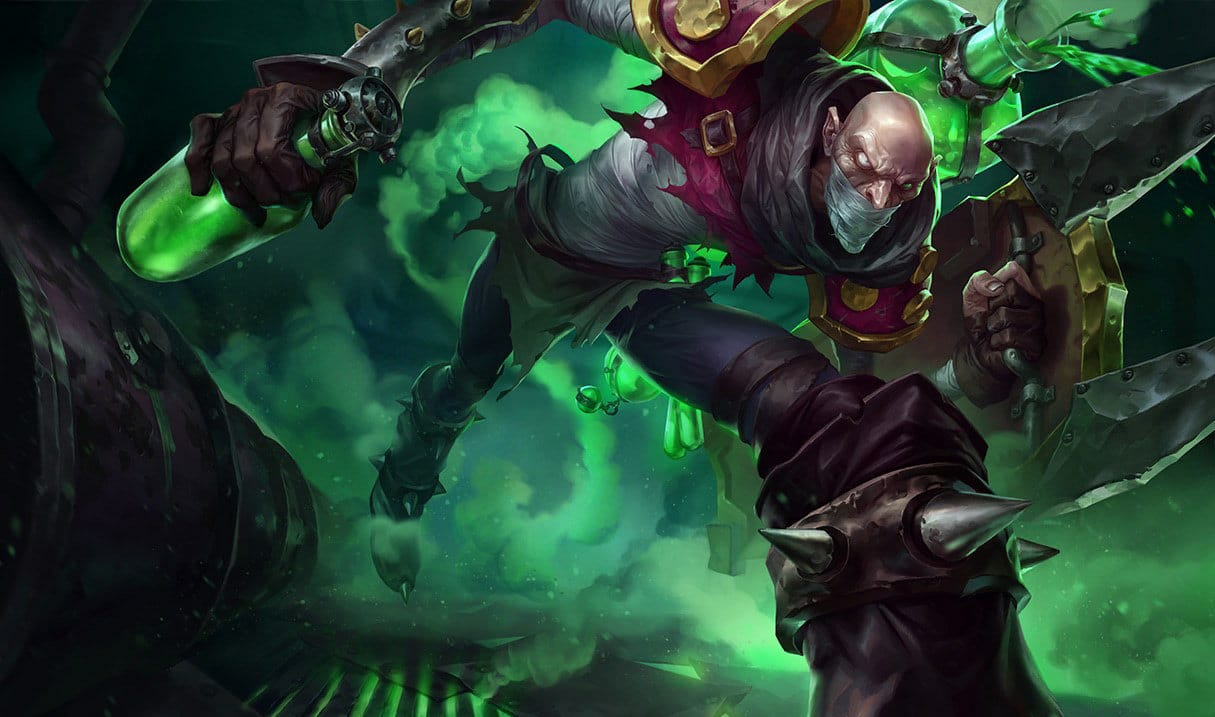
Discussion surrounding League of Legends, a titan in the gaming industry, has been heated lately, particularly focusing on the influence of franchising within the League of Legends European Championship (LEC). A post by user KriibusLoL has ignited a wave of debate, positing that franchising not only diminishes excitement but could also pose financial risks for the LEC. As interest among fans wanes towards teams who seemingly buy their way into the league, it’s worth examining the community’s perspective to determine if these economic worries are more reflective of frustration or a growing understanding.
Summary
- Franchising has potentially decreased viewer engagement by making teams less competitive, as they prioritize profits over fan passion.
- The concept of regional ties in traditional sports fuels local rivalries that are largely absent in the current LEC landscape.
- Fan reaction appears polarized, with some advocating for the return of an open circuit to invigorate regional support and excitement.
- Others acknowledge franchising is necessary for financial sustainability, citing the high costs of running a competitive esports team.
The Financial Dilemma
KriibusLoL underscores the significant financial challenges involved in managing a team within the LEC, with costs potentially reaching up to €1 million during a single season. Although this sum might appear intimidating, it’s crucial to understand that without franchising, the LEC could struggle to maintain its current level of growth. Users such as GhostRiders stress that operating a competitive team demands not only raw talent but also substantial financial resources. The heavy financial burden has resulted in some organizations essentially purchasing their entry into the league, which KriibusLoL contends may undermine overall fan interest due to lack of genuine community engagement. The financial dynamics within the community suggest that while franchising offers teams a sense of financial stability, it raises concerns about whether this profit-driven approach might dilute the excitement and interaction that fans crave.
The Loss of Regional Rivalries
One crucial aspect brought up during the conversation is that conventional sports are powered by community and geographical rivalries, causing fans to feel deeply attached to their home teams. KriibusLoL emphasizes that spectators are increasingly drawn towards their hometown teams, thus strengthening loyalty. After all, who wouldn’t want to root for the local underdogs? However, in the current LEC setup, it seems more appealing to invest in a team rather than proving oneself through regional competitions. This shift has led to a decline in viewer engagement and emotional connection. Alex_Wizard agrees, pointing out that this disconnect often results in fan support being focused on top-tier teams instead of cultivating an environment where underdog teams can grow their own fan bases. This issue could potentially be resolved by reintroducing an open promotion and relegation system, which would encourage local interest in regional teams and contests.
The Debate on Viewer Investment
While some community members yearn for a shift towards more competitive formats, it’s important to consider the reservations expressed by others. For example, user FBG_Ikaros highlights an interesting perspective: while viewership is vital, it may not be the primary objective. Instead, the main concern revolves around how well esports can monetize their audiences financially, given that many fans are accustomed to watching for free. This hesitance to spend on merchandise or tickets could hinder a significant income source for organizations. As the LEC evolves, this financial sustainability becomes a key issue: how do we cultivate a fan base that provides financial support without relying on traditional sports mechanisms? That’s a question worth a million euros!
The Future of Franchising in the LEC
In the future, shifting Riot towards a franchising system may seem premature, but it could also mark a progression in esports management. Alluwala999 points out that Riot is heeding criticisms and has already implemented changes in other leagues such as Valorant’s VCT, which incorporates a flexible system allowing promotions. KriibusLoL’s call for an open circuit could represent the need for Riot to adapt swiftly and preserve viewer attention. Fans are eager for underdog stories—the tales of teams striving to climb the ranks. Such narratives can foster loyalty and involvement, a quality many believe is lacking in the current LEC structure.
Fundamentally, the debate about franchising within League of Legends is multifaceted. On one side, there’s a group of fans and critics who feel alienated by structural adjustments that have made teams seem less relatable and entertaining. Conversely, it’s essential to consider the economic realities of managing an esports team. Striking a balance between financial viability and preserving the elements that keep viewers captivated is crucial. As we progress, the LEC might require some adjustments along the way to ensure that both the financial and entertaining aspects align effectively in a realm where both thrive together harmoniously.
Read More
- Who Is Harley Wallace? The Heartbreaking Truth Behind Bring Her Back’s Dedication
- 50 Ankle Break & Score Sound ID Codes for Basketball Zero
- 50 Goal Sound ID Codes for Blue Lock Rivals
- KPop Demon Hunters: Real Ages Revealed?!
- Lottery apologizes after thousands mistakenly told they won millions
- 100 Most-Watched TV Series of 2024-25 Across Streaming, Broadcast and Cable: ‘Squid Game’ Leads This Season’s Rankers
- Ultimate AI Limit Beginner’s Guide [Best Stats, Gear, Weapons & More]
- Umamusume: Pretty Derby Support Card Tier List [Release]
- J.K. Rowling isn’t as involved in the Harry Potter series from HBO Max as fans might have expected. The author has clarified what she is doing
- Mirren Star Legends Tier List [Global Release] (May 2025)
2025-05-07 10:04